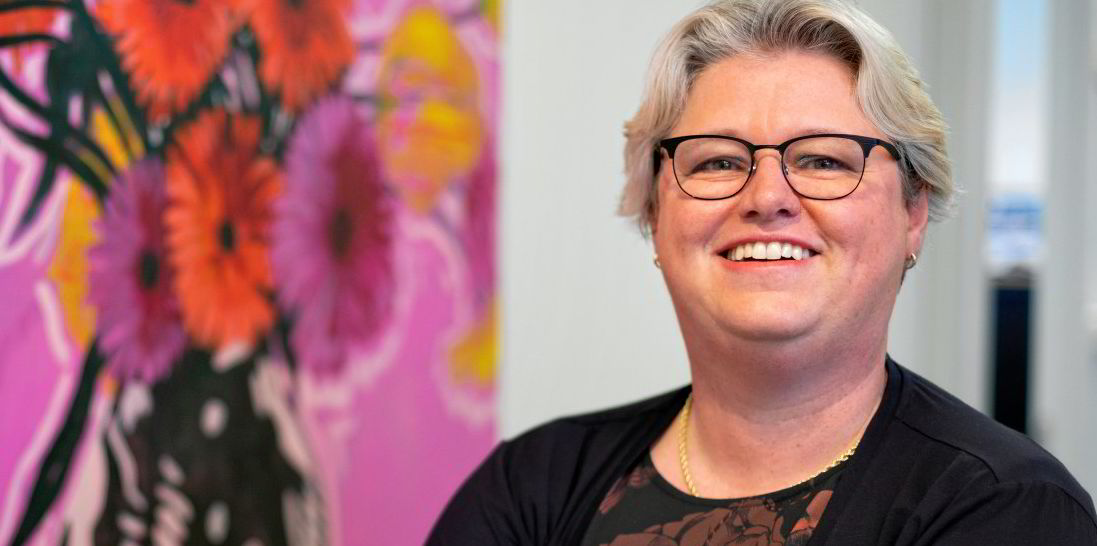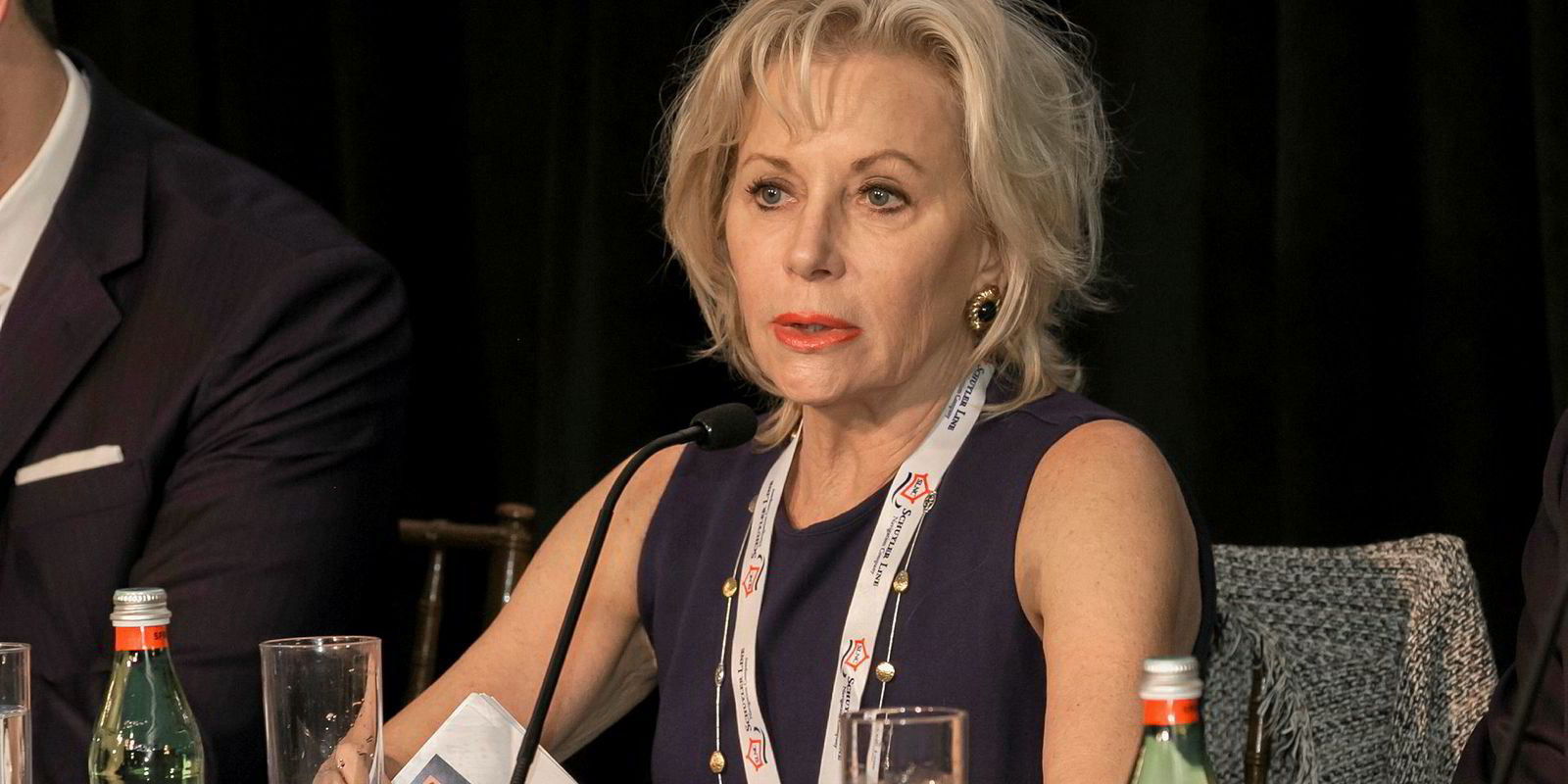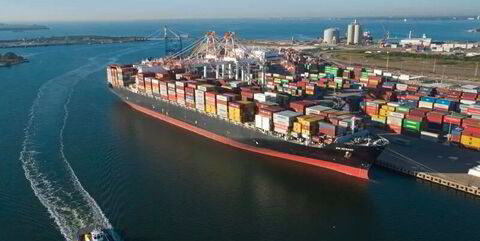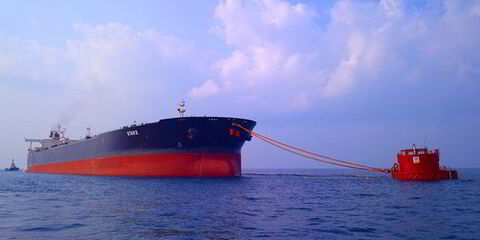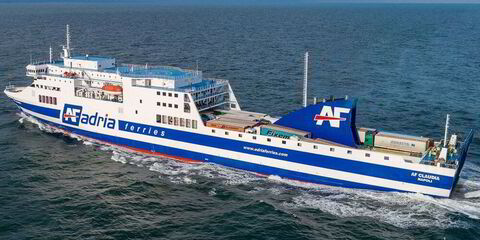Although shipping remains a male-dominated industry, several long-time female leaders point to a new generation of female maritime executives and changes to investment guidelines that seek to prevent all-male boards.
“Some of the leading companies [have] actually made some bold steps, and also leading organisations,” MF Shipping Group chief executive Karin Orsel said. “So there are changes.”
Last December, Shell promoted Karrie Trauth — maritime general manager in the Americas — to be the next global head of shipping.
Diana Shipping named Semiramis Paliou as chief executive in February. The daughter of founder Simeon Palios had served as deputy CEO since October 2019.
“There is a very bright and knowledgeable group of young women … and they really make a change,” Orsel said.
Randee Day, who sits on the boards of Eagle Bulk and International Seaways, said she is excited to see daughters of shipping families “taking over the reins” and that large conglomerates continue to promote from within their ranks.
“In the past decade, we have seen some movement in board composition, but most female appointments have been filled by female CEOs,” Day said.
“In many cases, these women were sponsors or entrepreneurs behind family-owned entities that chose to list publicly, or rose up through the ranks, heading up the key commercial arms of large companies.”
International Seaways president Lois Zabrocky said proxy voting guidelines of leading advisory firms could drive more diverse boardrooms.
Institutional Shareholder Services has recommended against nominating committee chairs of all-male boards. Beginning in 2022, Glass Lewis will recommend against nominating committee chairs of boards with fewer than two female directors.
“There is more work to be done, and each day we are moving forward in this arena,” Zabrocky said.
Kelsey Connolly, Faststream Recruitment’s shipping director, noted that the cruise industry had made visible progress on this front.
The “Big Three” — Carnival Corp, Royal Caribbean Group and Norwegian Cruise Line Holdings — each have three female directors.
“A lot of cruise businesses have a much better representation at board level of females,” Connolly said. “That’s simply because of the availability of candidates, not only in their skill pools at sea, but also in their offices.”
Randee Day, chief executive of asset manager Goldin Maritime, offers her road map for aspiring women leaders(Copyright)
- Demonstrate a grasp of shipping’s role in supporting global trade and the movement of key commodities fundamental to economic growth.
- Understand complex business transactions and the crucial links between business strategy and projected financial results.
- Demonstrate a general knowledge of business models and evolving technology. For any positions — whether running your own profit centre within a company or a board role — have a solid grasp of accounting, financial planning and balance sheet optimisation. If working for a public company, have an understanding of capital markets.
- Develop an understanding of enterprise risk management. This opens up important areas for executive talent in environmental, social and governance, cyber security, IT and system upgrades, and human resources. It is also important to remember that good leadership is having the ability to look beyond short-term value realisation and protect the company and its stakeholders’ investment and health.
- Never be afraid that you may represent diverse views and perspectives: it will enable others to regard you as an independent, thoughtful decision maker.
- Shipping is a rough and tumble business plagued by volatility and geopolitical upheavals that are not in one’s control; therefore, be prepared for long work days — and a sense of humour may be the best medicine of all.
